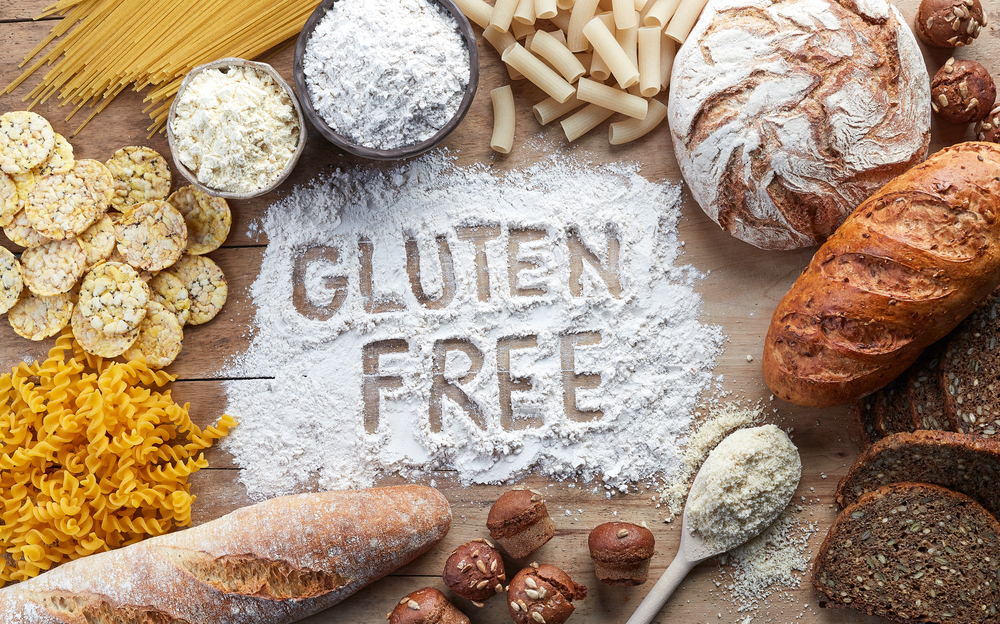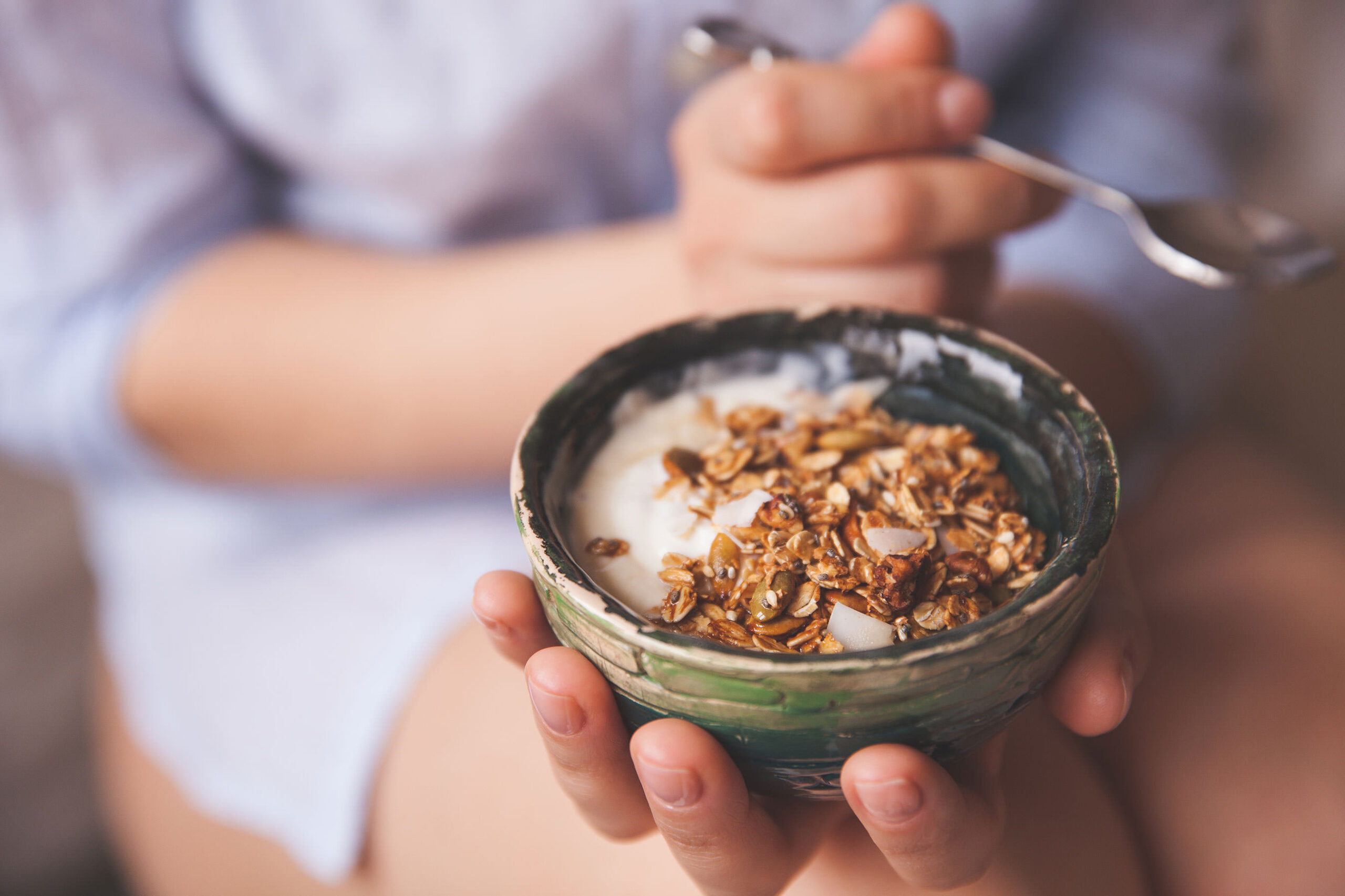
The latest trends for fat loss have their roots in some hard science, but is the hype a measure of accuracy?
What is Gluten?
Gluten is a protein in wheat and other grains responsible for its elasticity. The obvious sources of gluten in the average American diet are bread and wheat based products such as crackers, cereal, and pasta. Some of the not-so-obvious sources of gluten include things most people don’t typically think of such as dressings, soy sauce, beer, vinegar, and seasonings.
What effect can gluten have on fat loss?
Gluten intolerance or Celiac Disease, in a worst case scenario, can cause intense pain and serious long term health consequences that come from a prolonged lack of nutrient absorption . On the lesser end of the symptom spectrum, gluten sensitivity- also referred to as Irritable Bowel Syndrome (IBS)– causes pain, bloating gas and diarrhea.
The practical method of controlling the symptoms of Celiac and/or IBS, requires cutting certain grains from the diet. As symptoms resolve, inflammation subsides, gas, pain and bloating also decrease, and as a result, the waist and abdominal area are typically noticeably less distended and uncomfortable. The chronic inflammation that was initially present begins to subside, leading to increases in energy for more efficient cellular processes.
Why Is Gluten-Free Considered a Viable Fat Loss Plan?
While many people with gluten allergies and sensitivities do see improvements in their body composition, it’s not necessarily a result of removing products containing gluten. Typically, it’s because chronic, long term inflammation is being better controlled by eliminating aggravating foods. A person who chooses to follow a gluten-free diet for weight loss may find themselves eliminating many “empty calories” from high amounts of refined carbohydrates and concentrating on more wholesome foods, therefore losing weight.
Are gluten free products healthier for me? Will it help me lose weight?
Whole grains such as wheat and barley contain many essential B vitamins, iron and fiber. If you’re not gluten intolerant, removing healthy grains and their added health benefits is often an inconvenience without benefit. At worse, doing so can result in weight loss hindered by nutrient deficiencies . It’s also important to keep in mind that gluten-free breads, crackers, cereals, etc., are still sources of carbohydrates, just gluten-free carbohydrates. So a gluten-free food does not automatically mean it’s “healthier” than a food containing gluten.
In fact, most gluten-free foods are higher in fat and lower in fiber.
Success in fat loss requires a diet higher in protein, minimally processed vegetables and fruit while incorporating the appropriate amounts of whole grains.
Sources:
https://celiac.org/live-gluten-free/glutenfreediet/sources-of-gluten/ accessed on 3/28/16
About Irritable Bowel Syndrome. (Sept 28, 2015). International Foundation for Functional Gastrointestinal Disorders.
Read more at https://celiac.org/blog/2016/02/irritable-bowel-syndrome-gluten-related-disorders-and-the-low-fodmap-diet/#VbMZtmsUI3vAEG5W.99
Biesiekierski, J.R., Peters, S.L., Newnham, E.D., Rosella, O., Muir, J.G., Gibson, P.R. (2013). No effects of gluten in patients with self-reported non-celiac gluten sensitivity after dietary reduction of fermentable, poorly absorbed, short-chain carbohydrates. Gastroenterology 145(2):320-8.e1-3.
Biesiekierski, J.R., Newnham, E.D., Shepherd, S.J., Muir, J.G., Gibson, P.R. (2014). Characterization of adults with self-diagnosis of nonceliac gluten sensitivity. Nutrition in Clinical Practice, 29(4):504-509.








